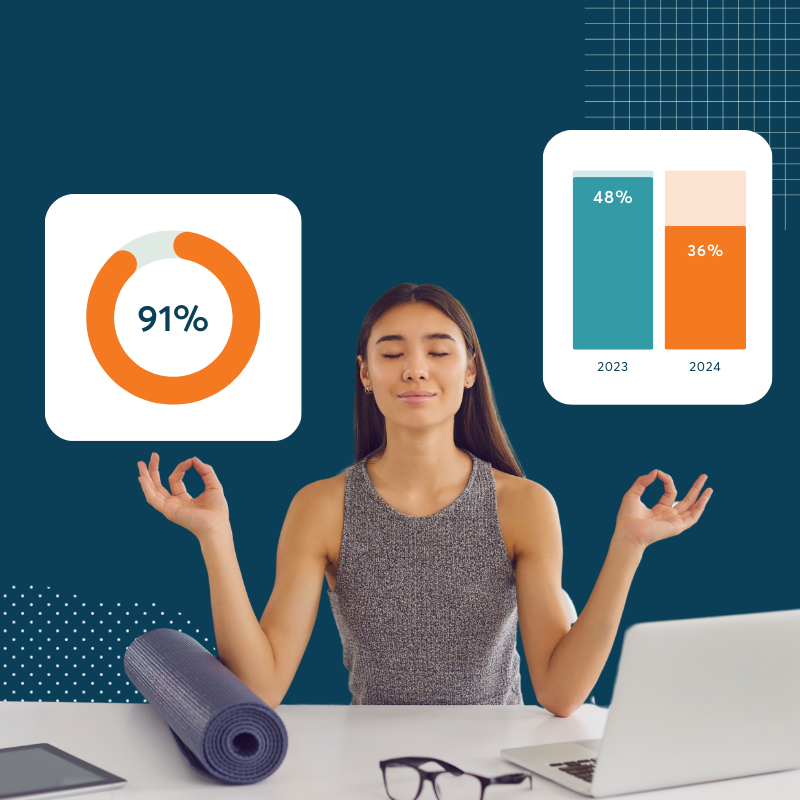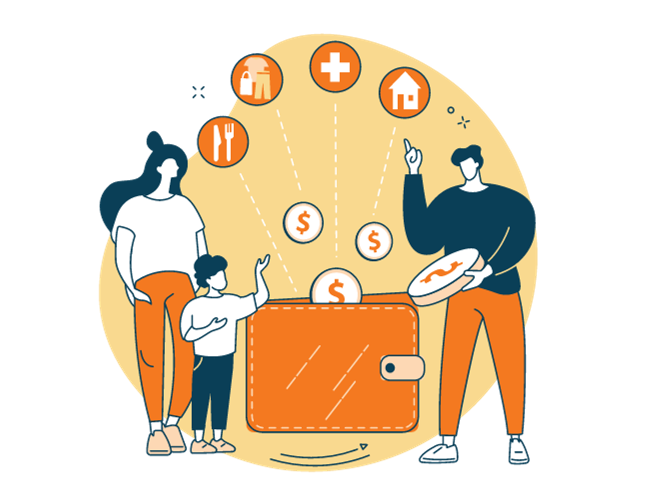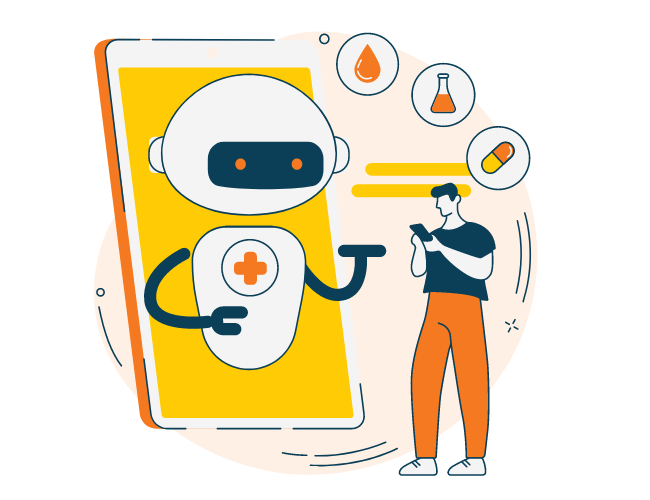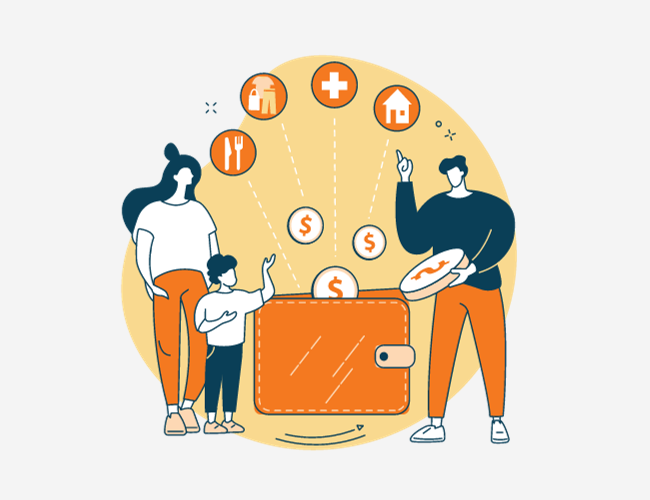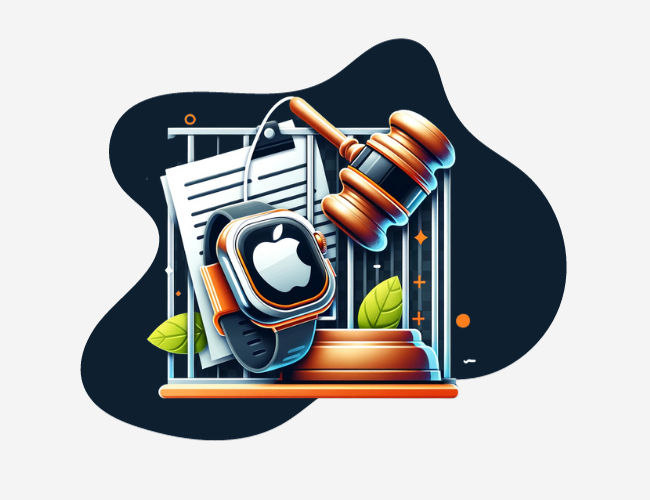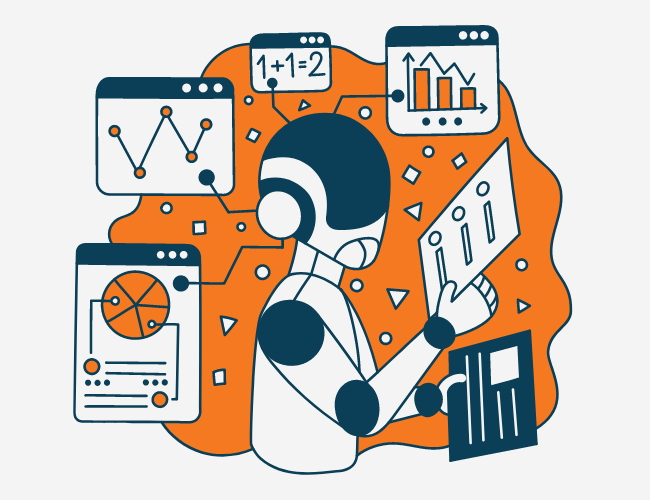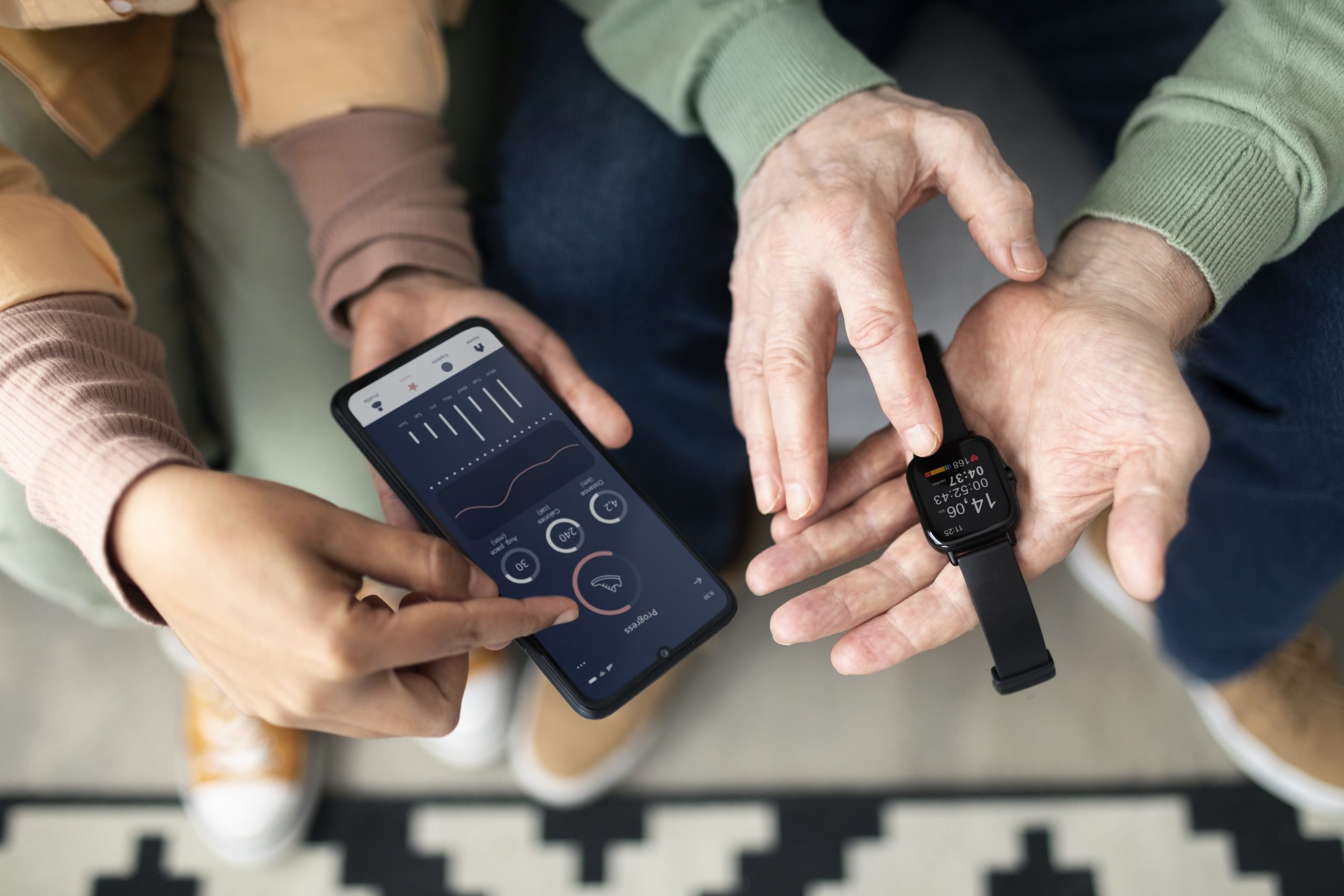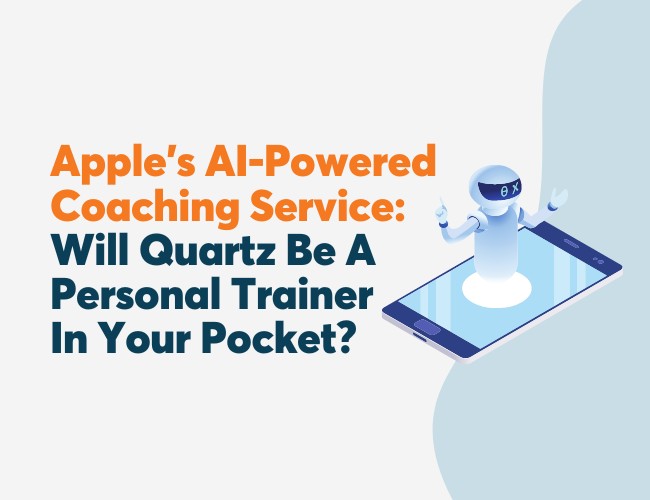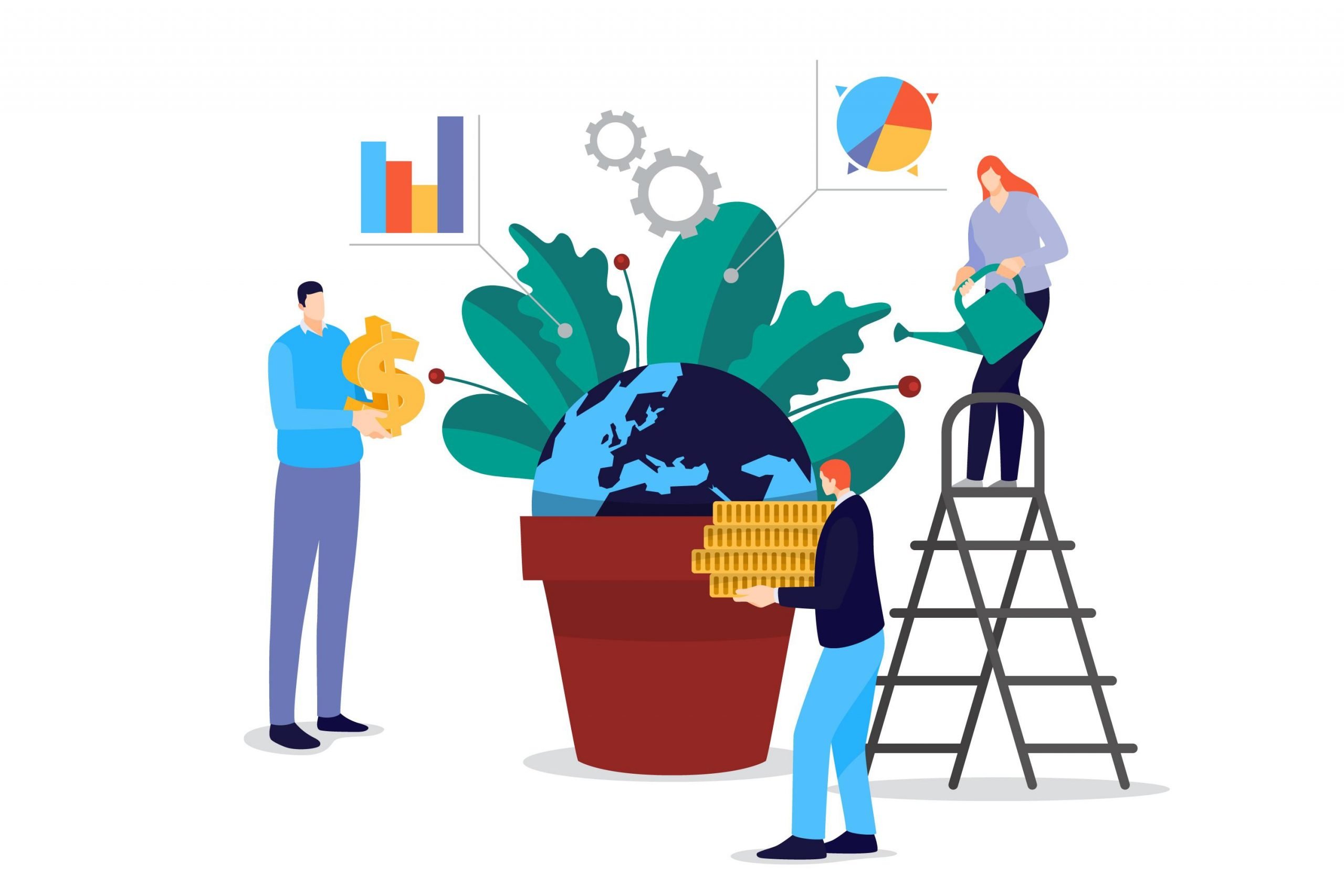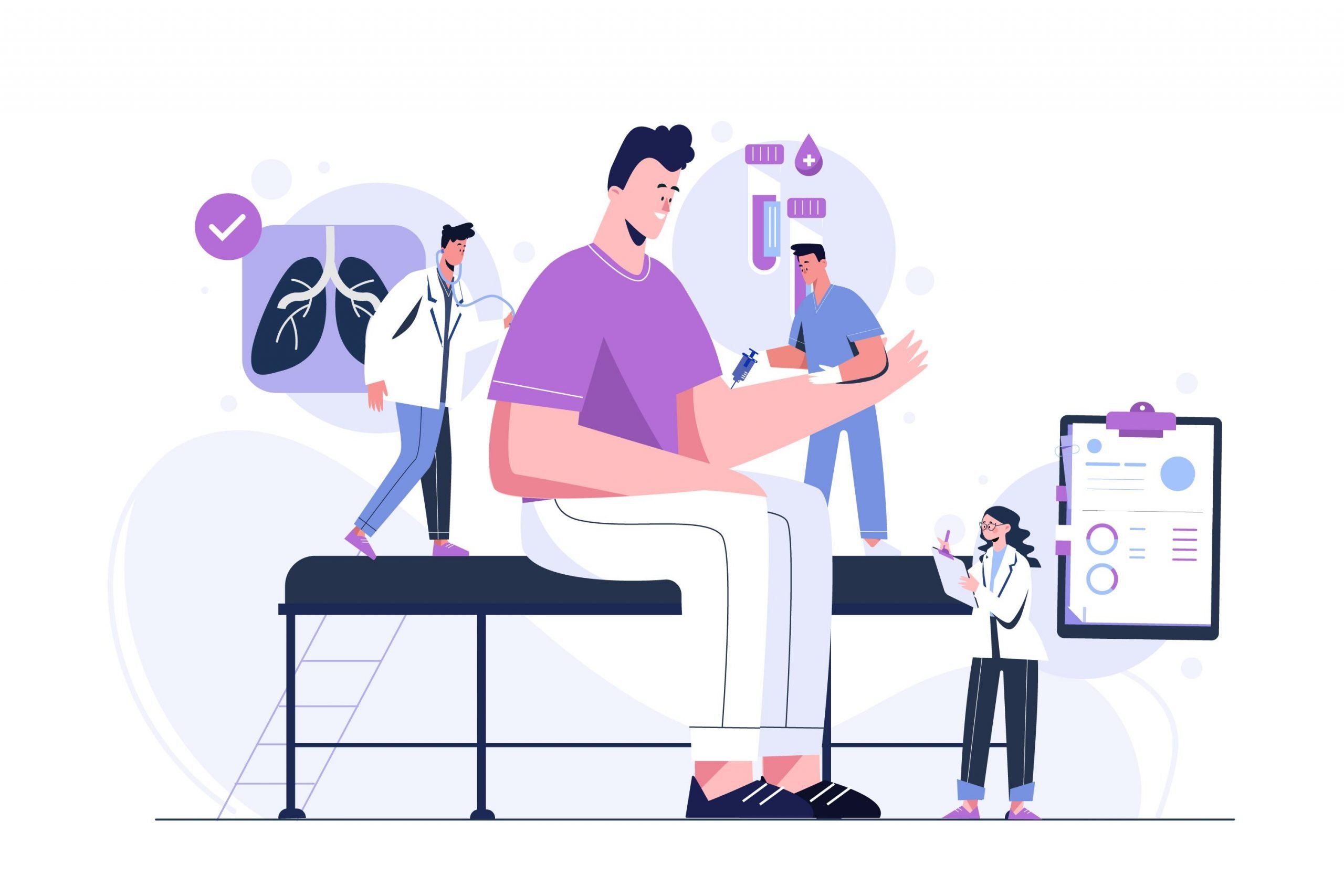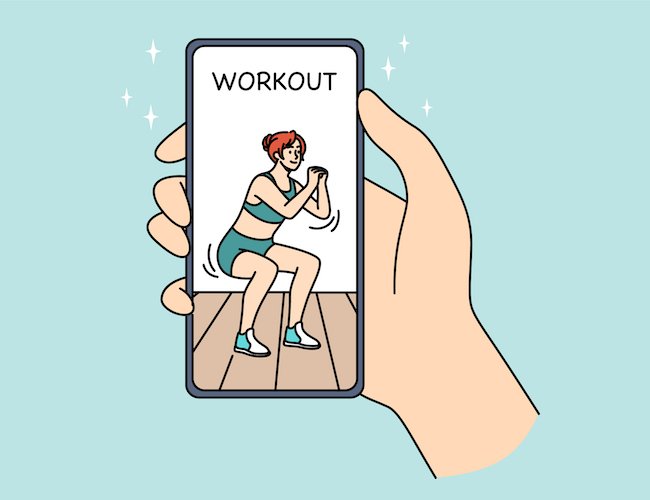Unlike activity and nutrition tracking apps, sleep apps have not become commonplace in employee wellness programs. This is not due to a lack of interest. Rather, employers and health plans are quite interested in addressing this important health issue, but unfortunately, they struggle with finding how technology can scale to address this solution in a cost-effective way. Free consumer mobile apps seem like a natural answer as they have been shown to work with activity and nutrition; however, sleep apps have deficiencies that make employee wellness program adoption harder, including limited free app options and requiring devices to be on a bed while sleeping.
This post is not going to explore the future of sleep apps in employee wellness programs (that deserves its own write up), and since no one has discovered a viable solution to sleep tracking for employees, the next best option is to explore thoughtful research on the users of sleep apps. Most successful technologies in employee wellness are preceded by a consumer movement that pushed its way inside companies (think Fitbit), and sleep apps are no different. Since fewer people use these apps relative to activity and nutrition trackers, wellness professionals can learn a great deal by studying the profile of these users.
Quantified-Self Movement In Motion
According to a study published in Health Communications, 100% of respondents (sample of 934 mobile phone users) said they used a mobile phone for health-related purposes. This number seems strangely high, but at least it can serve as a measure of comparison of the following statistics. The survey also found that 28% of respondents used an app to track sleep, which is significantly less than the 53% and 48% that tracked exercise and nutrition, respectively.
In the analysis we found that the people who were most commonly reporting sleep tracking on their mobile phone were actually people that were very healthy. We saw indications of high socio-economic status, but also general health indicators were very favorable among this group. People who were sleep tracking were also tracking their diet or tracking something related to a health indicator.
– Rebecca Robbins, Lead Researcher
Affluent, Healthy Smart Phone Users More Likely To Track Sleep
The study found interesting demographic information as it relates to users of sleep apps. For example, people in higher income brackets were more likely that those in lower income brackets to track sleep with more than half of sleep app users making more than $100,000 per year compared to just over 15% of those making less than $25,000 per year. People who tracked sleep also tended to have a higher self-report of their health, the healthiness of their diet, and their exercise habits. Health is not a perfect indicator of use, however, with smokers and stroke/heart attack patients more likely to track sleep. This may be attributable to a doctor’s recommendation. Lastly, individuals who used health apps for other purposes were more likely than those who did not to track sleep as well.
It is unclear on what these results mean from an employee wellness perspective, but there are certain questions that should be considered. Although sleep is an important part of overall well-being, will the organizational impact be limited because participants in employee sleep programs are disproportionately healthy? Are white-collar organizations better candidates today for employee sleep programs because of the income profiles and technology sophistication of their employees? Hopefully, future studies will provide answers to these questions and technologies will improve to make sleep apps a viable solution in employee wellness programs.
The study was conducted by New York University with the help of survey management company Toluna and funding from Verizon. The study utilized data from a cross-sectional, geographically diverse survey of adults in the United States.
